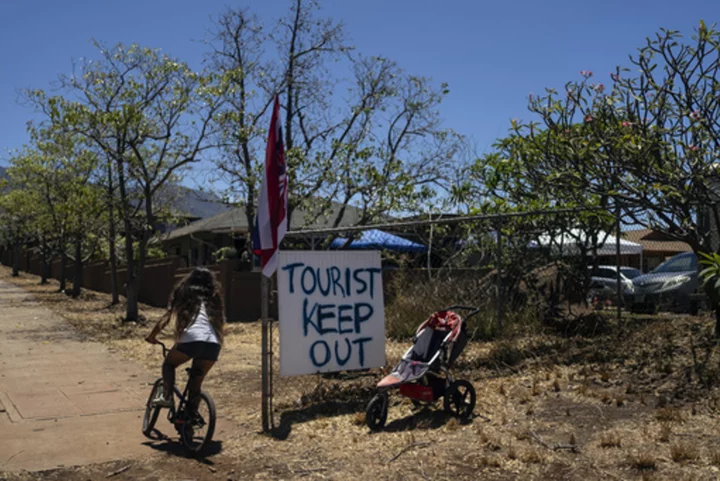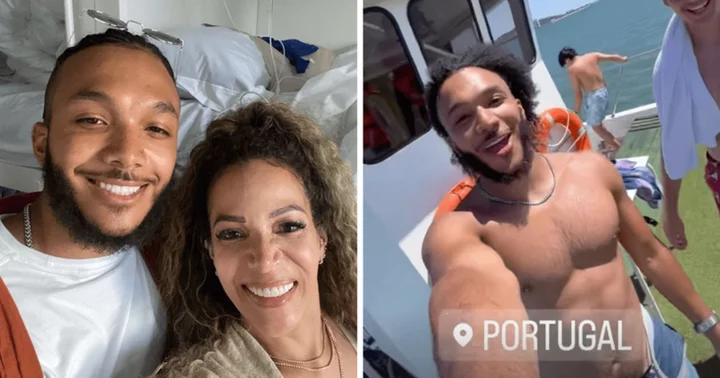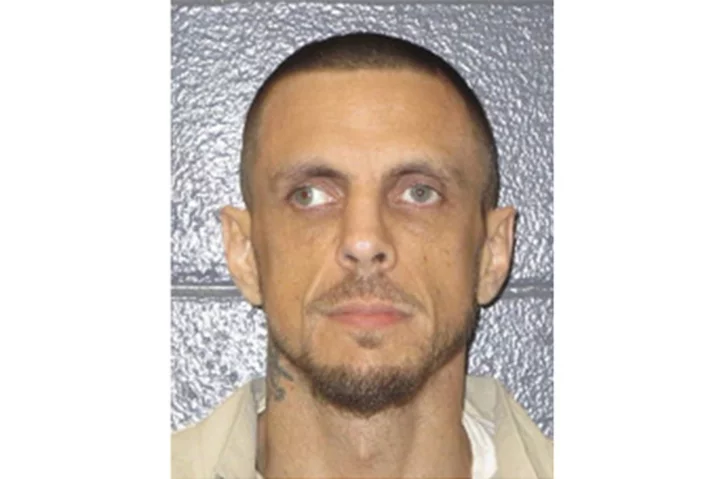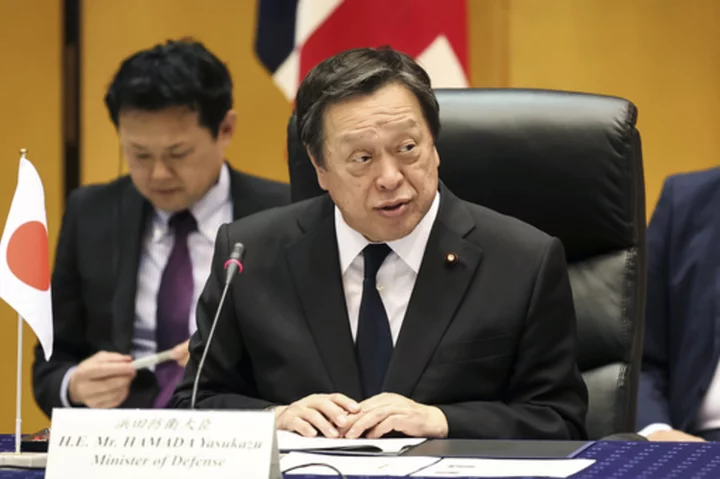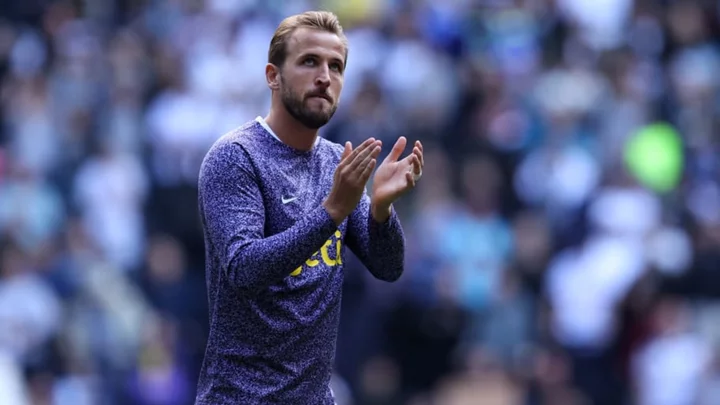LAHAINA, Hawaii (AP) — Long before a wind-whipped wildfire blasted through the island of Maui, tension existed between Hawaii’s kamaaina, or longtime residents, and the visitors some islanders resent for turning their beaches, mountains and communities into playgrounds.
It's a love-hate relationship that dates back generations. But now that tension is building in the aftermath of a blaze that killed over 100 people and scorched the historic town of Lahaina, making it the deadliest U.S. wildfire in more than a century.
A week after the fire, a state flag blew upside down in the breeze along a road leading to a neighborhood designated for residents of Hawaiian descent, signifying that the community is in distress. Beneath the flag, a sign scrawled in blue paint ordered tourists to “KEEP OUT.”
“Tourism has definitely been a hinderance at this point, because we need to take care of our families – our ohana,” said Kapali Keahi, who lives in the neighborhood. Keahi said those affected by the fire, himself included, are still “getting out of the survivor mode."
The Maui Economic Development Board says tourism is “irrefutably” the economic engine of Maui, which saw 1.4 million visitors in just the first half of 2023. About 70% of every dollar generated in Maui can be attributed to tourism, according to the board.
Yet as the island looks to rebuild, residents like Keahi wonder what role tourism should play in the long road ahead to recovery. Experts say there’s no easy answer.
“You do have this time where you have to stop everything and focus on the disaster, but there does come a time when you have to start to rebuild, and that means keeping people employed,” said Rafael Villanueva, a member of the Tourism Expert Network, which provides consulting services to businesses like hotels.
Villanueva said that's the general roadmap he and his then-colleagues at the Las Vegas Convention and Visitors Authority followed in 2017 after the deadliest mass shooting in modern America unfolded at a country music festival on the Las Vegas Strip. Support the victims and the community first, then worry about the tourists.
Within an hour of the shooting that would leave 60 dead and hundreds more injured, the publicly funded body charged with promoting Las Vegas had halted its advertising promising that “What Happens Here, Stays Here.” Villanueva said they filled billboards with a message that the community instead could rally around: “Vegas Strong.”
Then they opened up their convention center for recovery efforts, including victim notifications. But eventually, they shifted their messaging, inviting visitors back to a Strip that they promised was a safe tourist destination.
“You need to do what you can to not let the situation snowball into something much worse," Villanueva said.
Hawaii Gov. Josh Green said in a statewide address Friday night that tourists should avoid fire-ravaged West Maui while emphasizing that the rest of the island and state were open and safe.
“We continue to welcome and encourage travel to our beautiful state," he said, "which will support the local economy and help speed the recovery of those who have already suffered so much.”
Green also has said it would be “catastrophic” if Maui’s tourism industry came to a halt right now, warning that it could lead to a “mass exodus" of residents.
It's a situation that Maui resident Julie Sumibtay said she wants to avoid, even if she understands how other locals want the space to grieve and deal with their profound pain without the prying eyes of outsiders.
“Some of us need work," said Sumibtay, who works at the front desk of a condominium complex in Kihei, where some of the units are used as vacation rentals. "So if they’re saying Maui is closed, then there are no tourists coming in, and then we lose our jobs.”
Already the deadly fire and its aftermath has prompted some would-be tourists to change their plans, opting to head to other islands instead.
Tom Bailey and his family from the Sacramento area of California arrived on Maui the week before the fire spread from hillsides and raced toward historic Lahaina.
They had seen the smoke in the distance from their hotel in Kaanapali just up the road from Lahaina. At first, they were reassured that the blaze posed no immediate danger. But in the night, the glow of the fire intensified, prompting hotel officials to suggest guests voluntarily evacuate.
Bailey and his family packed up and left to spend the final five days of their vacation on Oahu.
“We just wanted to stay out of the way,” Bailey said, adding that he understands the local residents “need time.”
___
Yamat reported from Las Vegas.

